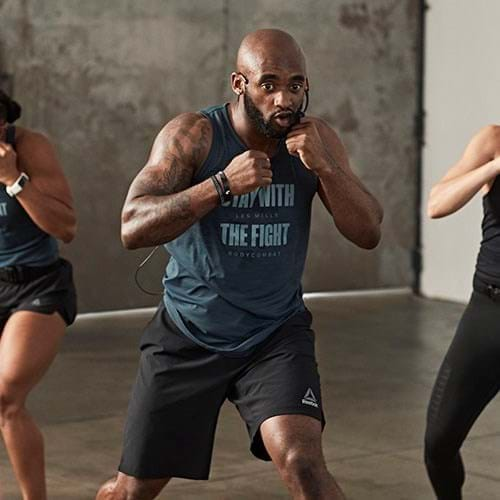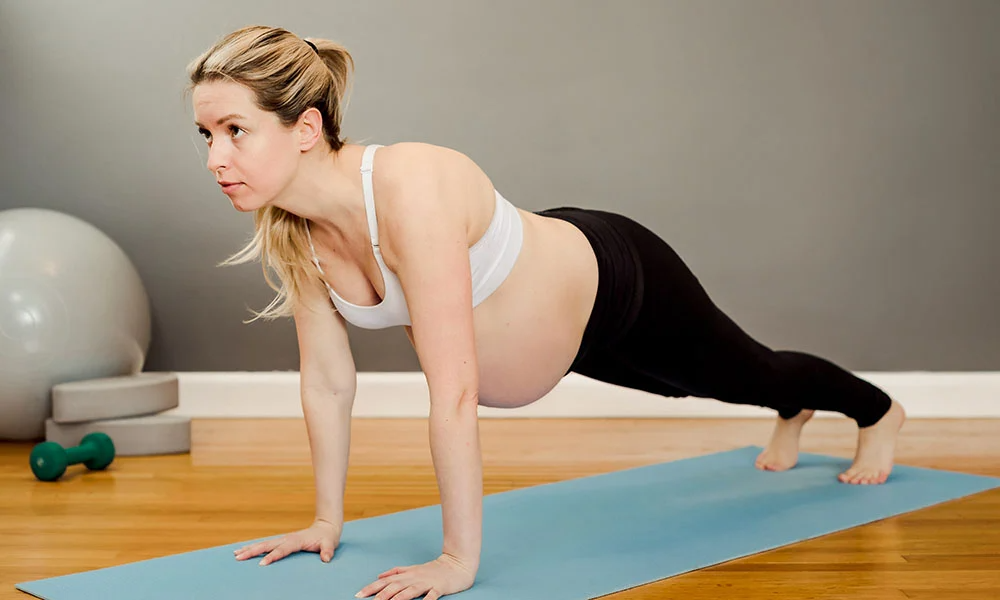
If you want to build muscle, there are a few things you need to keep in mind. To gain muscle, nutrition is essential. If you're underweight, you need to make sure you get enough protein and other nutrients. While eating enough calories will make you feel happier and help you grow, it's difficult to get it all in. You can start planning your meals by making a list. If you can, start cooking on Sunday so you can have enough food for the week. You can make burgers, eggs and chili ahead of time. You can also start your recovery process by eating right away after your workout.
Beginner's guide to building muscle
The right training techniques are essential to get the best muscle-building results. A proper muscle-building workout will force your muscles to work harder than they normally would, and it should include gradual increases in weight and repetitions, a process known as progressive overload. Your body will be able to repair itself by getting enough sleep and resting after your workout. Also, being able to recover from exercise will enhance your ability build muscle.
It's important that you keep your protein intake and overall calorie intake under control, in addition to muscle-building exercises. It's easier to track protein than carbohydrates and fats, so make sure you eat a diverse range of healthy foods. Also, you need to make sure that you sleep well every night. Insufficient sleep can hinder muscle growth, and make it difficult to train.

Exercises that work multiple muscle groups
A good build muscle workout should target a variety of muscle groups to maximize results. Although the majority of exercises are designed to work all major muscles groups, it may be more beneficial for those who are training for specific sports to focus on a particular muscle group.
Compound movements engage more muscles and burn more calories than isolation exercises. Compound movements allow you to lift heavier weights and use more strength.
Nutritional requirements to gain muscle
You need to be aware of the nutritional guidelines in order to build muscle and strength. It is important to eat a lot of protein before and after you exercise, especially branch-chain amino acids. It is recommended to eat more protein in morning than later in the day. You must also consume a certain amount carbohydrates. While carbohydrates are often associated with weight gain, they actually aid in the process of muscle building. It is best to have three to six small meals daily.
Your body requires between 2,500 to 2,800 calories per day to build a pound. The amount required to gain a pound of lean muscle depends on your body composition, fitness level, diet, and other factors. However, for a healthy gain, 100 to 300 extra calories a day may be sufficient. For bulking up your muscles you may need more. Protein is essential for building muscle. It contains essential amino acid that your body requires to grow. It is also important because MPS cannot easily be replaced by any other nutrients, even protein shakes.

Building muscle
A muscle-building workout should incorporate a progressive overload, where the weight is increased with each repetition, but the rest periods are short. Although compound exercises should be the basis of any workout, it is essential to incorporate isolated moves to boost your muscle strength. These exercises should not be done for more than 20 repetitions and should only be done with heavy weights.
These exercises should be challenging but not painful. Your age, your overall health, and your muscle-building goals should all be considered when creating a workout program. To avoid injury, listen to your body. If you're unsure about the proper muscle-building workout for you, consult with a physical therapist or strength coach.
FAQ
Why is it important that you get enough sleep?
It is crucial to have a healthy life style. Your body can heal itself and recover from daily stressors by sleeping. Get enough sleep every night to be able to function well throughout the day.
Is it safe to exercise when the temperature is below freezing?
Exercise outside whenever possible. The air temperature isn't the only factor determining whether it's safe to exercise outdoors. Other factors include visibility, humidity, precipitation and wind speed. Layers of clothing will protect you from rain and wind chill if you exercise outdoors in inclement climates.
What happens if I don’t get enough sleep?
Your brain won't receive enough sleep if it doesn't get the signals it needs to regulate hormones, chemicals that regulate appetite and metabolism. As a result, you may overeat and gain weight. Lack of sleep also increases stress levels, which can lead to overeating.
How nutrition and exercise can make your life better.
Exercise is a great way to keep fit, lose weight, build muscle mass, and reduce stress. Nutrition is important for energy, sleep, mood, and overall health. For a longer life expectancy, reduce your intake of meat and alcohol, smoke less, and exercise regularly.
What Are Cardio Exercises?
Cardiovascular exercise is any activity that requires your heart and lung to work harder than normal. Swimming, cycling, rowing, and jogging are all examples. These activities can help you lose weight and speed up your metabolism. These activities are great for staying fit because they strengthen your heart and lungs.
Statistics
- Physical activity confers the following maternal and fetal health benefits: a decreased risk of pre-eclampsia, gestational hypertension, gestational diabetes (for example, 30% reduction in risk) (who.int)
- According to the Centers for Disease Control and Prevention, chronic diseases cause 7 out of 10 deaths in the U.S., and treating chronic diseases accounts for 86% of U.S. healthcare costs. (mana.md)
- One study showed that adults who watch more than 4 hours of television daily had an 80% higher risk of death from cardiovascular disease. (heart.org)
- Globally, 81% of adolescents aged 11-17 years were insufficiently physically active in 2016. (who.int)
External Links
How To
How to burn belly fat faster
Belly Fat is usually seen as a problem when we want to lose weight. When you stop and think about it, Belly Fat can actually be a blessing. It's the amount of fat stored around your stomach that protects your organs from getting damaged. Let's look at how to rapidly lose belly fat.
Lack of exercise and stress are the main reasons we store body fat. Stress makes us feel hungry constantly because it stimulates the production of the cortisol hormone. Cortisol can increase insulin levels in the blood. Insulin then stores excess calories as fat. Insufficient sleep can lead to an increase in appetite and adrenaline release. These extra calories can also be reduced by exercise
There are many ways you can reduce belly fat. Depending on your budget, you can try each one. These tips will help you quickly get rid of belly fat.
-
Eat less food. Instead of eating three large meals per day, try to eat smaller meals. This way, you'll consume fewer calories overall.
-
Make sure you drink plenty of water. Water flushes out toxins in your body and helps you stay hydrated. You won't overeat if you drink water before you eat.
-
Avoid snack foods that are unhealthy. If you're looking for quick fixes, snack foods like chips, cookies, candies, etc. It might sound tempting. But avoid these fattening treats as they contain lots of empty calories and too much sugar. Instead, choose healthy alternatives like fruits, veggies, nuts, seeds, and whole grains.
-
At least three times per semaine, do strength training. Strength training builds muscle mass which burns more calories even while resting. It also strengthens bones, muscles, ligaments, tendons, the heart, lungs, and joints.
-
Walking or stretching is a good habit to do regularly. Stretching is a great way to increase flexibility and mobility. This helps reduce back pain. Walking is great for burning calories, especially brisk walking for 30 minutes.
-
Reduce alcohol intake. Alcohol adds empty calories to your diet and has no nutritional value whatsoever.
-
Slowly lose weight. Your current weight is the first step to losing weight. Then calculate your ideal weight by adding 5% to 10% of your total body weight. Once you have calculated your target weight, start reducing calorie consumption by 500-1000 calories daily until you reach your goal.
-
Avoid processed foods. These foods are high-in salt, sugar, as well as preservatives. Processed foods are often very convenient but don't provide enough nutrients to keep you healthy.
-
Don't skip breakfast! Breakfast improves concentration, memory, energy, and stamina. You should have protein (such as eggs) and fiber (such as oats) for breakfast.
-
Have regular bowel movements. Gas and bloating can result from irregular bowel movements. Increase your fiber intake and drink lots of water.